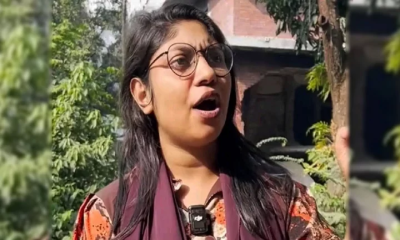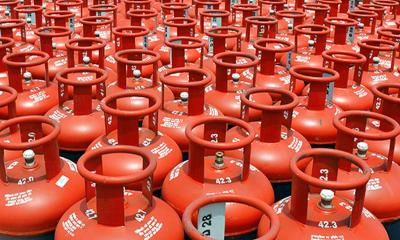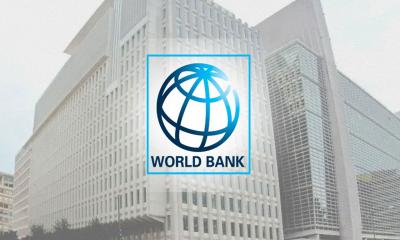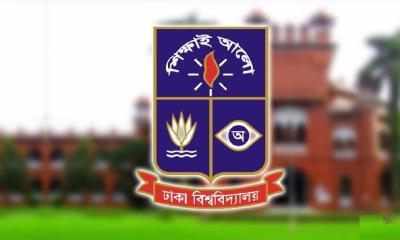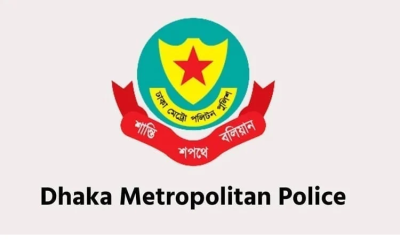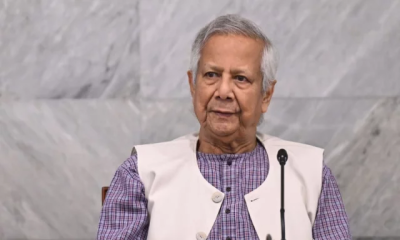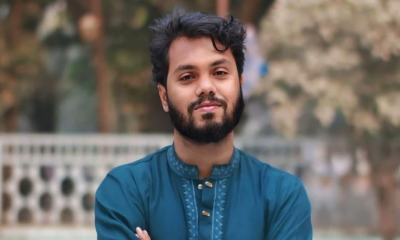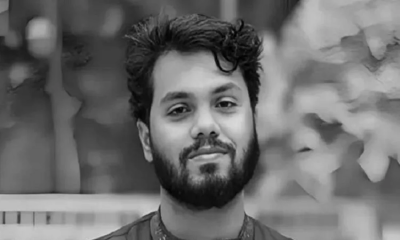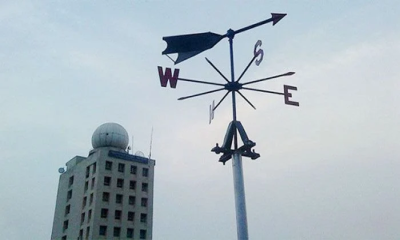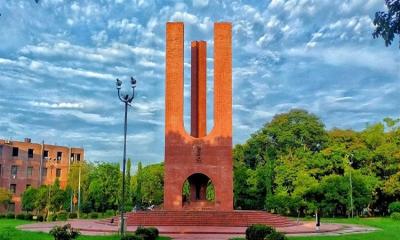Brice Oligui Nguema, commander-in-chief of the Gabonese Republican Guard, was named as the transition leader of the central African country on Wednesday night following a coup.
The national electoral body announced earlier in the day that President Ali Bongo had won a third term. However, the military declared on state television that the election results were canceled and placed Bongo under house arrest.
Leaders of the Gabonese military agreed by unanimous vote to appoint Nguema as president of the Committee for the Transition and Restoration of Institutions (CTRI), said Ulrich Manfoumbi Manfoumbi, the committee`s spokesperson.
Nguema ordered the reconnection of the optical fiber and the restoration of radio and television signals. He stressed the need to maintain calm and serenity in the country and preserve stability and dignity, according to the spokesperson.
Traffic restrictions between 6 p.m., local time, Wednesday and 6 a.m. the following day remain in effect until further notice, the spokesperson said.
Earlier in the day, a group of officers claimed, on behalf of the CTRI, to have seized power to "put an end to the regime in place." The announcement came after Gabon`s national electoral body said on the same day that Bongo from the ruling Gabonese Democratic Party was reelected for a third term in Saturday`s election.
In a televised statement, the officers said the election results were canceled, state institutions dissolved, and all borders closed until further notice.
In another statement released Wednesday, the military said, "President Ali Bongo is kept under house arrest, surrounded by his family and his doctors." The officers said the son of the president, Noureddin Bongo Valentin, and several other senior officials close to Bongo were arrested.
In a video clip released Wednesday afternoon, Bongo said he is at his residence while his wife and son are in other places.
"Nothing is happening. I don`t know what is going on. So I am calling on you to make noise, make noise, make noise really. I`m thanking you," said Bongo in his first public appearance after the coup.
According to local media, gunfire was heard in the capital of Libreville.
Ali Bongo, 64, once served as minister of defense and other posts in the government. He was elected president of the Gabonese Republic in 2009 and was reelected in 2016.
In January 2019 when Bongo was in Morocco recovering from a stroke, a group of soldiers broke into the national radio station in Libreville and announced the establishment of a "national council of the restoration." The government foiled the coup attempt as security forces soon took over the radio station and detained the soldiers.
The international community has voiced concerns over Wednesday`s coup in Gabon.
In a press statement, Chairperson of the African Union (AU) Commission Moussa Faki expressed great concern over the situation in Gabon and strongly condemned the coup attempt as a way to solve the post-electoral crisis. He called on all political, civil and military actors in Gabon to give priority to peaceful political avenues, and a rapid return to democratic constitutional order in the country.
French Prime Minister Elisabeth Borne said France is following the situation closely. Spokesman of the French government Olivier Veran has condemned the coup, noting that France "reiterates its desire to see the results of the election respected."
Russia also expressed its concerns over the situation in Gabon. Russian Foreign Ministry Spokesperson Maria Zakharova said Wednesday that it is hoped that the situation in Gabon will return to stability. She also advised that Russians temporarily refrain from traveling to this country, if there is no urgent need.
Namibian Ministry of International Relations and Cooperation Executive Director Penda Naanda said in a statement that Namibia has been following with concern about the evolving political situation in Gabon, and Namibia remains resolute in its stance on zero tolerance on acceding to power through unconstitutional means.
Ajuri Ngelale, the spokesperson for Nigerian President Bola Tinubu, said the president, who chairs the Economic Community of West African States, a regional bloc, would consult with other heads of state and government in the AU on the Gabon crisis with a view to determining the way forward for the central African country.


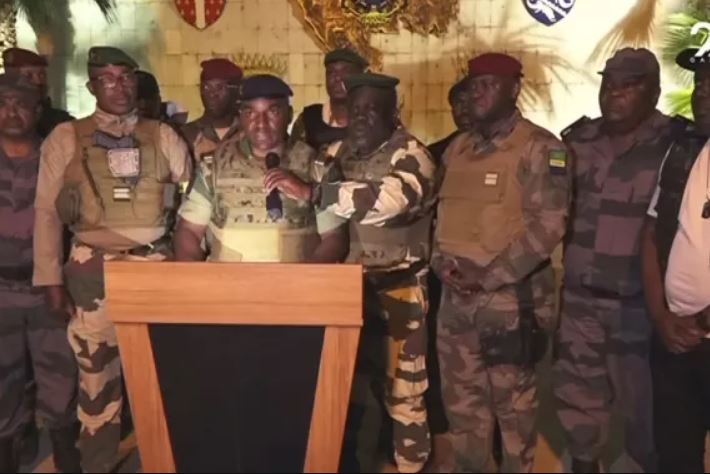

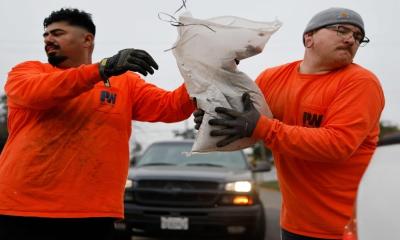
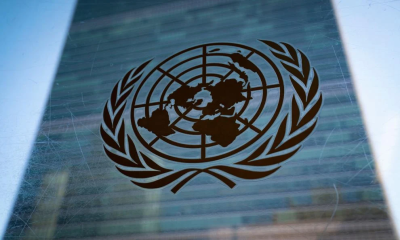
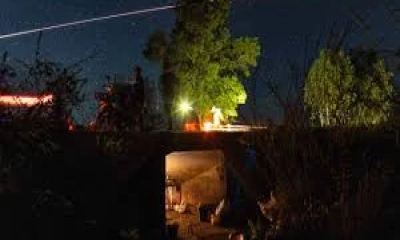
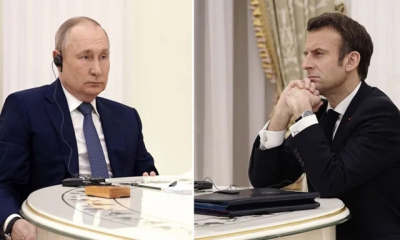
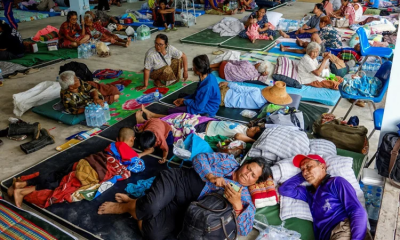
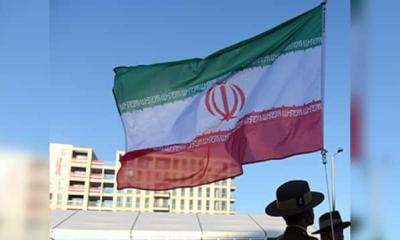
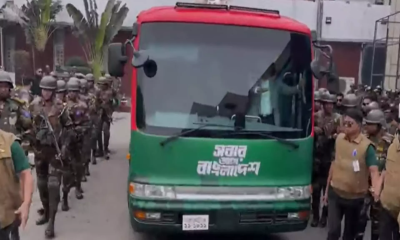

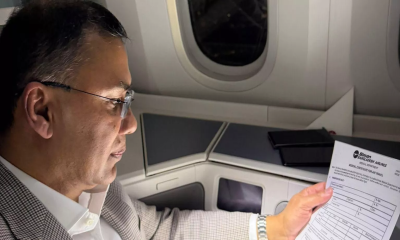
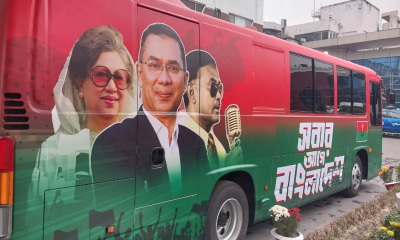

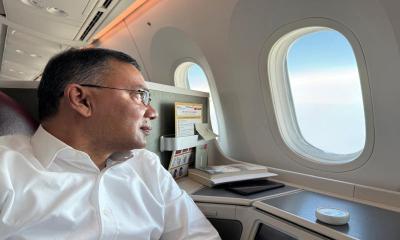
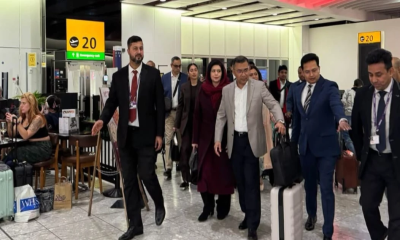
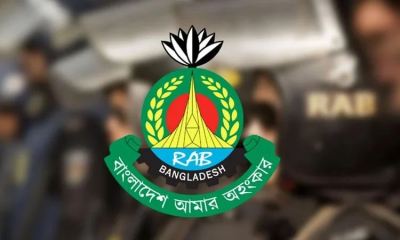

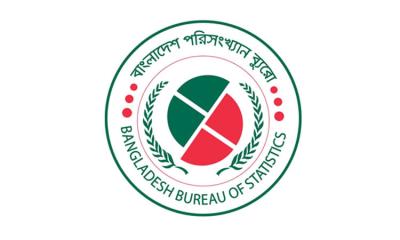
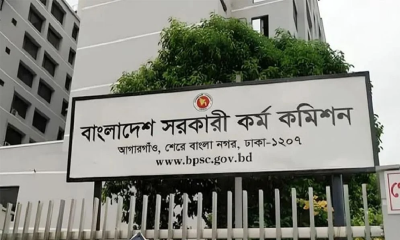

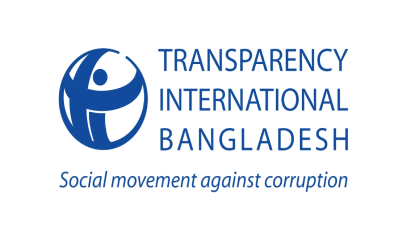
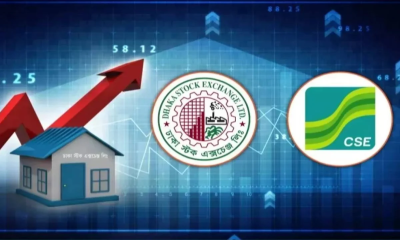

-20251218165258.jpeg)
